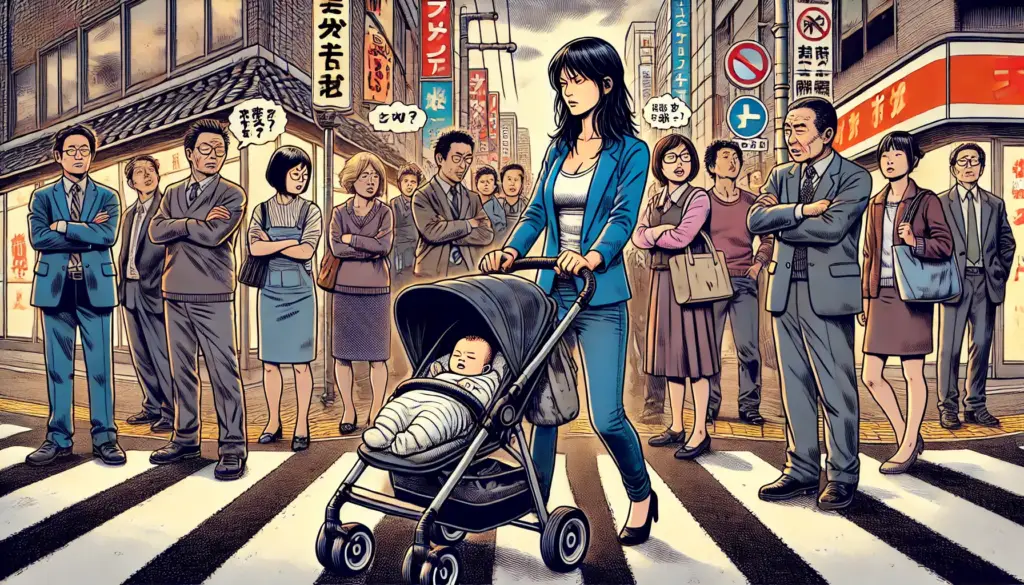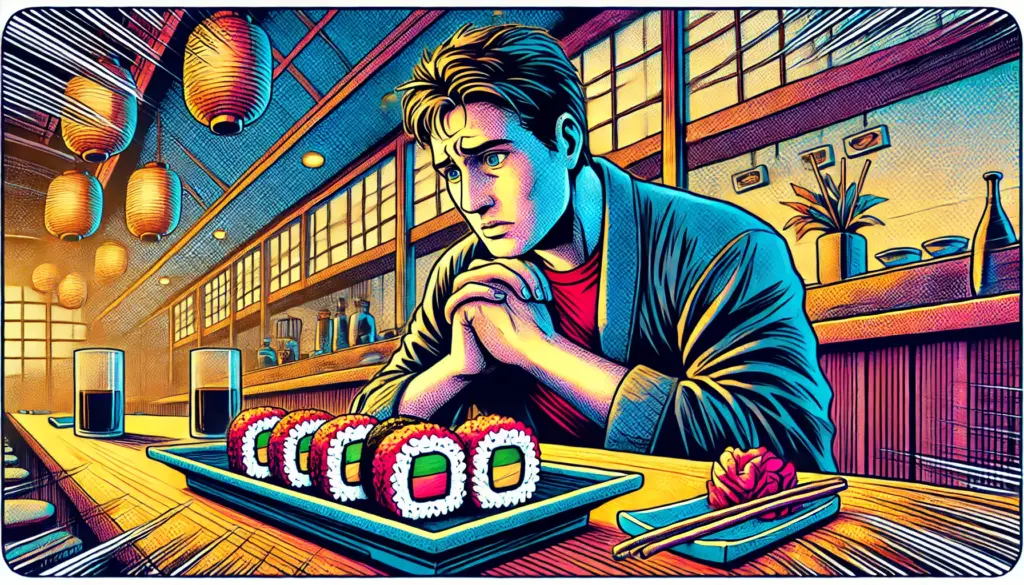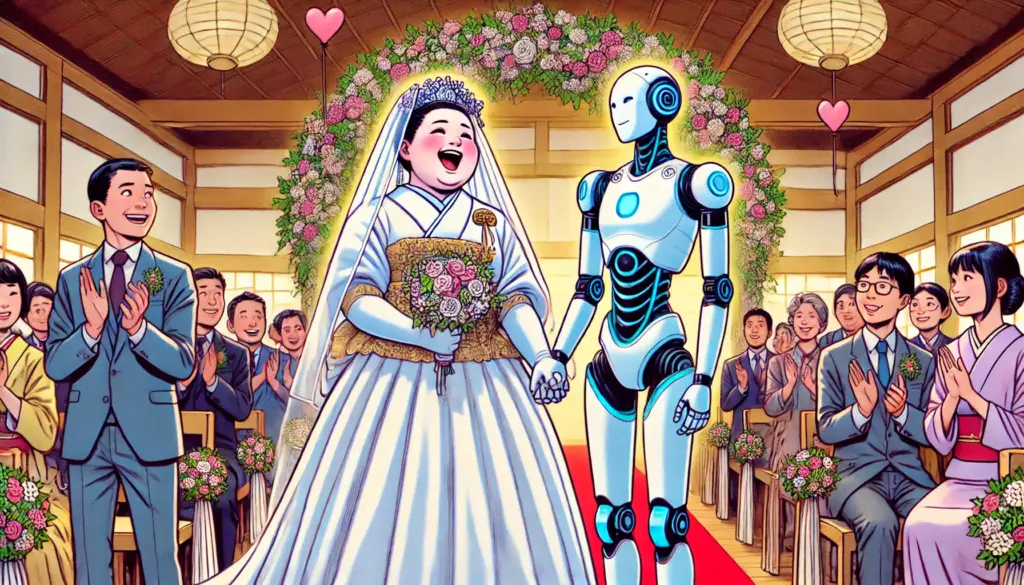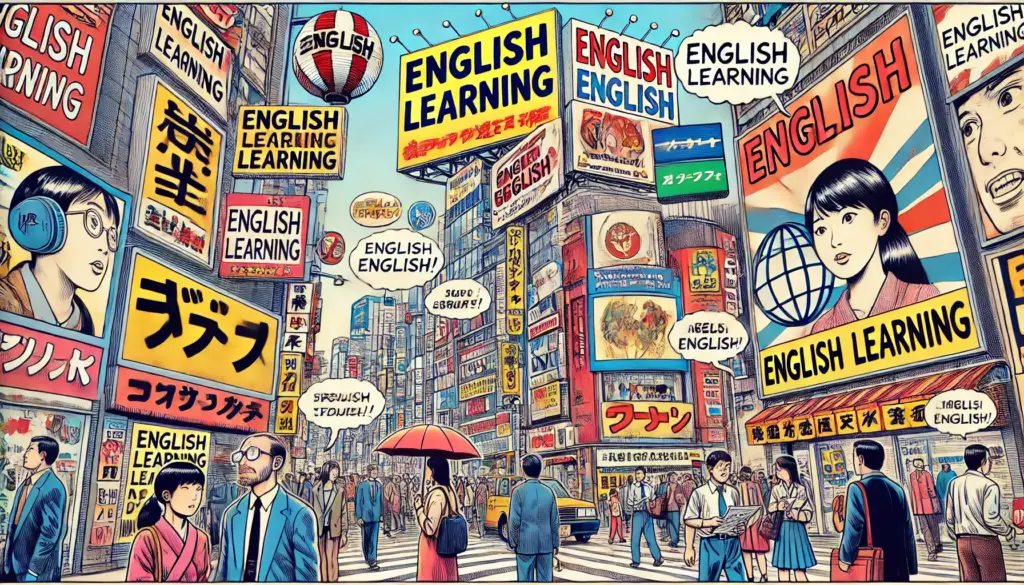
As Japan struggles to reverse its plummeting birthrate, the government has announced a new “child-rearing support contribution” starting in April 2026. Although it’s not officially called a “single tax,” that’s exactly how the public perceives it—especially those who don’t have children.
💥 Singles are furious.
💥 Parents are confused.
💥 Experts are divided.
So why is this new policy causing so much backlash? And is it really the solution Japan needs in a rapidly aging, shrinking society?
Let’s unpack the issue.
👶 What Is the So-Called “Single Tax”?
Japan’s new child-rearing policy introduces a monthly financial contribution from everyone, regardless of marital or parental status. It will be automatically deducted through health insurance premiums, not the income tax system.
The monthly amount is expected to range between 200 to 600 yen per person, which may seem minor. However, the outrage stems not from the amount—but from what it represents: a mandatory cost to support child-rearing, even if you don’t have children, don’t plan to, or can’t.
The government defends the policy as a solidarity measure, claiming that “children are everyone’s future,” and thus the cost should be shared.
But for many, this rings hollow.
🧨 Why Is There So Much Backlash?
1. ❌ It’s Not Really Voluntary
Even though the government insists this is “not a tax,” it is mandatory. Everyone enrolled in health insurance—employed or not, married or single—must pay it.
For many unmarried or childless people, it feels like being forced to fund a system they don’t benefit from.
2. ⚖️ It’s Unfair by Design
Japan’s tax and social security systems already favor families with children through deductions and subsidies. Singles often pay higher effective taxes with fewer public benefits.
Now, with this new contribution, they are once again excluded from benefits—but included in the cost.
This perpetuates the growing sense that Japanese public policy prioritizes one “acceptable” lifestyle: married with children.
3. 🗯️ It Labels Singles as Social Burdens
The policy implicitly suggests that people who don’t have children are not contributing to society—despite working, paying taxes, and supporting others indirectly.
Worse, it stigmatizes unmarried individuals, particularly women, at a time when personal choice and lifestyle diversity should be celebrated.
4. 💔 It Ignores Structural Barriers to Parenthood
Japan’s declining birthrate is not caused by selfishness. It’s driven by:
- Long working hours and poor work–life balance
- High cost of childcare and education
- Limited housing space
- Inadequate support for working mothers
- Gender role pressure and burnout
Taxing singles won’t solve any of this.
📉 The Reality of Japan’s Birthrate Crisis
Japan recorded fewer than 700,000 births in 2024, a historic low. At the same time, more than 1.5 million people died, accelerating population decline.
But rather than addressing the root causes, this new measure feels like a shortcut—a way to raise funds without political pain, but with real social cost.
Other countries have tried similar policies—such as Bulgaria’s notorious “bachelor tax” in the 20th century—and failed spectacularly. Birthrates didn’t increase, and public resentment soared.
🏗️ Are Children Social Infrastructure?
Supporters of the contribution argue that children are infrastructure: future workers, taxpayers, and caretakers. They say the entire population should invest in raising the next generation.
There’s some truth in that.
But unlike roads or hospitals, raising children is a deeply personal, emotional, and financial journey. Outsourcing its cost to people who will never benefit from it directly—without even asking—feels exploitative.
If children are infrastructure, then child-free people already contribute through taxes, labor, and economic activity. They shouldn’t be made to feel guilty or penalized.
👨👩👧 What Do Parents Think?
Interestingly, even some parents oppose the policy.
Here’s why:
- Many believe child support should come from general taxation, not individual “contributions.”
- Some parents worry that the fund will be mismanaged, with little transparency.
- Others are concerned about the public backlash this could trigger—creating division between parents and non-parents.
In essence, they don’t want benefits funded through resentment.
😠 The Voices of Singles: “We Are Not ATM Machines”
On social media, forums, and blogs, single people are expressing strong opposition.
💬 “So now we have to pay for other people’s kids while getting nothing?”
💬 “I’ve paid taxes all my life. I’m not selfish. I just didn’t have a child.”
💬 “This isn’t support. It’s punishment for not being a parent.”
These are not heartless people. Many care about children and community. But they don’t want to be treated like second-class citizens for their personal choices.
🧠 Rethinking the Policy: What Could Be Done Instead?
If the goal is to truly support families and encourage more births, financial contributions alone won’t work.
Here are alternative ideas that might actually help:
✅ Broader Family Policy Reform
- Paid parental leave for both parents
- Government-subsidized daycare
- Childcare support for part-time workers
- Lower education costs
- More flexible housing loans for families
✅ Respect for All Life Choices
- Stop equating marriage and childbirth with morality
- Celebrate diverse lifestyles
- Promote community building beyond traditional family units
✅ Transparency and Voluntarism
- If funding is necessary, offer opt-in contribution models
- Provide non-monetary benefits to contributors (e.g. eldercare, community access)
- Publish clear reports on how the money is used
📝 Summary Table
| 🔍 Issue | 💬 Concern |
|---|---|
| Name | Not officially a tax, but feels like one |
| Scope | Everyone pays—benefits go only to families |
| Resentment | Singles feel targeted and undervalued |
| Effectiveness | No evidence it will raise birthrate |
| Alternatives | Broader reforms and inclusive policy design |
🌏 Final Thoughts: A Country That Punishes Careful Choices?
Japan needs children. That’s undeniable.
But pressuring people into parenthood by taxing those who chose otherwise is not a sustainable path. It alienates singles, erodes trust, and fuels division.
A nation built on respect must celebrate all contributors—not just those who fit a traditional mold.
Support for families is crucial, but it must come through inclusion, not imposition.
Let’s build a society where everyone feels valued—whether they raise a child, support a friend, care for elders, or simply work hard and live fully.



















































